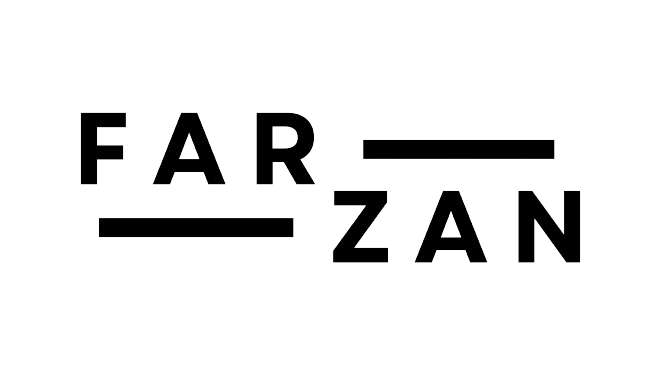Doctors usually say a baby has a fever if the temperature rises to 38C (100.4F), or above. Learn what your baby’s normal temperature is by taking it a few times when he or she is well.
There can be many causes for a baby’s fever. Dehydration is one. Or the infant might be over-bundled with clothes in a relatively warm environment - the rule of thumb is to dress your baby in just one more layer of clothing than you are comfortable in.[1]
A temperature reading isn't the only indication of whether a fever is serious. Your baby's age is a factor (fever is more serious in babies under 3 months), as is his behavior (a high fever that doesn't stop him from playing and feeding normally may not be cause for alarm).
Keep in mind that everyone's temperature rises in the late afternoon and early evening and falls between midnight and early morning. The natural cycle of our internal thermostat explains why doctors get most of their phone calls about fever in the late afternoon and early evening.[2]
Fever Four to Nine Months
Not every baby who feels warm has a fever
Babies at this age don't control their body temperatures as well as older children. Becoming too warm is often related to how warmly they are dressed. If your baby feels warm to the touch but cools down quickly when unbundled, and is otherwise acting well, chances are it isn't a true fever or cause for concern.
When to take fever seriously
Somewhere around six months of age, your baby's immune system becomes more fully developed, and she will start to fight infections more effectively.
I consider four to nine months a transitional period when fevers in otherwise healthy babies (they're eating well and not acting sick) don't automatically require a phone call to the doctor. However, most healthcare professionals will still use a little extra caution when evaluating babies this age.[3]

----
Notes;
[1] Webmd.com
[2] Babycenter.com
[3] Drspock.com

